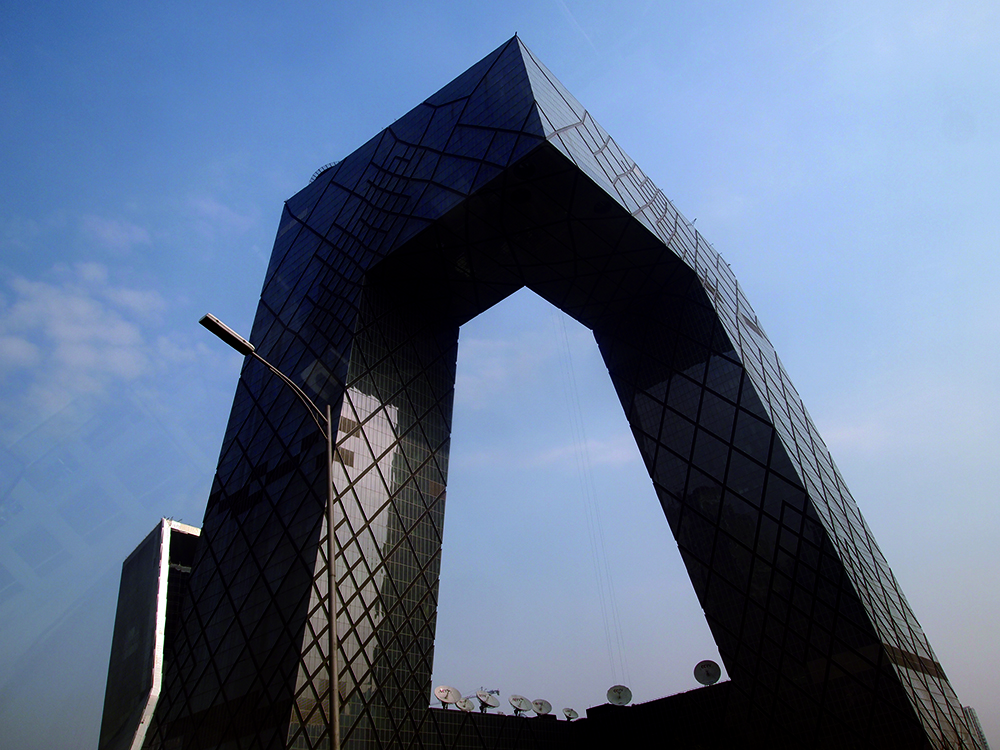 An exemption for monopoly agreement in anti-trust enforcement refers to a monopoly agreement which formally falls into the prohibition categories of anti-monopoly law which will be exempt from penalties or not be deemed illegal for reasons of economic efficiency and/or public social interest. Article 15 of the Anti-Monopoly Law (the AML) provides seven situations and related statutory conditions of monopoly agreement exemptions, while at the same time requiring an undertaking to be obligated to prove that the agreement it has concluded or intends to conclude satisfies the statutory situations and conditions of exemptions. Then, how should an undertaking apply Article 15 of the AML to enjoy the monopoly agreement exemptions? Is the undertaking obliged to apply to anti-trust enforcement agencies for prior review or filing?Monopoly agreement exemption under the AML: directly applicable exemption There is an exemption mode, under which an undertaking must apply to anti-trust enforcement agencies for review and approval of exemption at the time of concluding an agreement. Such mode requiring prior review and approval needs to invest a huge amount of resources to investigate and verify those agreements which have not yet been performed, leading to difficulty to achieve desired results. The Council Regulation (EC) No 1/2003 on the implementation of the rules on competition laid down in Articles 81 and 82 of the treaty issued by the Council of EU on December 16, 2002 flags the replacement of the then existing prior review and approval system by a directly applicable exception system in terms of monopoly agreement exemptions, which means that an undertaking may directly perform its agreements upon conclusion, with no need to seek prior review or approval from the anti-trust enforcement agencies.
|
 The AML neither requires an undertaking to seek prior review or approval from anti-trust enforcement agencies for exemption of its monopoly agreements, nor expressly allows the direct performance of such monopoly agreements. The Guideline for General Conditions and Procedures of Monopoly Agreement Exemptions (draft for comment) (the Exemption Guideline) recently released by National Development and Reform Commission does not require any prior review or approval of monopoly agreements either. More importantly, the Exemption Guideline highlights that an undertaking or association should make its own judgement on whether any agreement it has concluded or intends to conclude will satisfy the conditions under Article 15 of the AML; it may apply to anti-trust enforcement agencies for exemption consultation under limited situations; and it can submit application for exemption only after anti-trust enforcement agencies initiate investigation but before the final decision is rendered. As we can see from the above, China’s anti-trust enforcement agencies confirm the ‘directly applicable exemption’ mode under the AML through the Exemption Guideline, which means that a monopoly agreement shall be deemed as exempt as long as it satisfies the situations and conditions of Article 15 of the AML, unless it is charged by the AML.Exemption Guideline sets up procedures In the event that a monopoly agreement is charged by AML, how should an undertaking apply Article 15 of the AML to obtain individual exemption in the course of enforcement? The Exemption Guideline clarifies the competent authorities, timeline of application, steps and documentation needed in connection with monopoly agreement exemptions, which will largely increase the practicability of Article 15 of the AML and the transparency of enforcement. Specifically: Our suggestions 反垄断执法中垄断协议个案豁免 反垄断法中垄断协议豁免制度是指在形式上构成反垄断法所禁止的垄断协议,出於经济效率和社会公共利益目的等考虑而不被认定为非法或免除对其惩罚。我国《反垄断法》第15条明确了垄断协议豁免的七种情形与法定条件,同时要求经营者负有义务证明其所达成的协议符合豁免法定情形和条件。那麽,经营者应该如何适用《反垄断法》第15条而享有垄断协议豁免呢?需要在订立协议时向反垄断执法机构申请事先审查或备案吗? 《反垄断法》垄断协议豁免模式:直接适用制 《反垄断法》未强制要求经营者为获得垄断协议豁免而事先向反垄断执法机构申请审查和认定,但也未明确经营者可以直接实施。《反垄断法》对於垄断协议豁免采用哪种模式语焉不详,没有给出直接答案。 国家发改委最新发布的《关於垄断协议豁免一般性条件和程序的指南》(征求意见稿)(“《豁免指南》”)亦未要求进行任何垄断协议豁免的事先审查。反之,《豁免指南》提出:(1)经营者和行业协会自行判断其达成或拟达成的协议是否符合《反垄断法》第15条规定﹔(2)经营者和行业协会可在满足特定条件下向反垄断执法机构进行豁免咨询﹔(3)豁免申请仅能在反垄断执法机构调查经营者或行业协会之后但在作出决定之前提出。从以上看来,反垄断执法机构借鉴欧盟模式,通过《豁免指南》确认了《反垄断法》对垄断协议采取了“直接适用制”的方式,即一个垄断协议只要符合了《反垄断法》第15条的规定,就可以被视为得到了豁免,除非该协议受到了反垄断法的指控。 《豁免指南》尝试建立垄断协议豁免程序 《豁免指南》详述了豁免的主管机关、豁免申请的时间节点、程序步骤以及所需文件,增强了《反垄断法》第15条的操作性以及反垄断执法的透明度。 我们的建议 我们的建议 ––––––––––––––––– |














